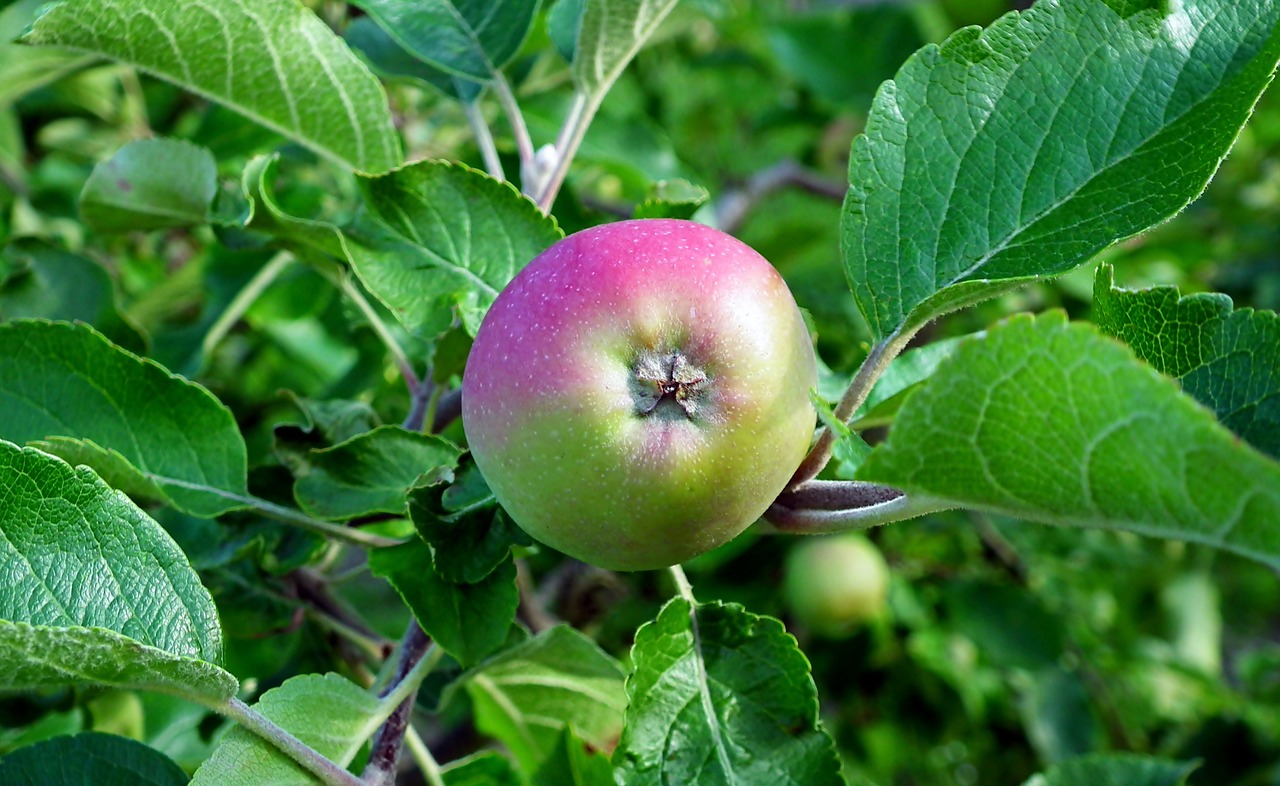Understanding the Connection Between Diet and Arthritis: Cricbet99.win register, Sky 99 exch, Reddy book club
cricbet99.win register, sky 99 exch, reddy book club: Arthritis is a common condition that affects millions of people worldwide. It is characterized by inflammation and stiffness in the joints, which can cause pain and discomfort. While there are several factors that can contribute to the development of arthritis, such as genetics, age, and injury, one often overlooked factor is diet.
Many people are unaware of the connection between diet and arthritis, but the truth is that what you eat can have a significant impact on the health of your joints. In this article, we will explore how certain foods can either help or worsen arthritis symptoms and provide tips on how to create a diet that supports joint health.
Understanding the Link Between Diet and Arthritis
The foods we eat can play a crucial role in the development and progression of arthritis. Some foods have anti-inflammatory properties that can help reduce inflammation in the joints and alleviate pain, while others can exacerbate inflammation and make arthritis symptoms worse.
Foods That Can Worsen Arthritis Symptoms
1. Processed Foods: Processed foods are often high in unhealthy fats, sugars, and additives that can promote inflammation in the body. Foods like fast food, sugary snacks, and processed meats should be limited or avoided if you have arthritis.
2. Sugar: Excessive consumption of sugar can lead to inflammation in the body, which can worsen arthritis symptoms. Try to limit your intake of sugary foods and beverages, such as soda, candy, and desserts.
3. Saturated Fats: Foods high in saturated fats, such as red meat and full-fat dairy products, can trigger inflammation and contribute to joint pain. Replace these foods with healthier alternatives, such as lean proteins and plant-based fats.
4. Alcohol: Alcohol can exacerbate inflammation in the body and may worsen arthritis symptoms. Limit your alcohol intake or opt for non-alcoholic beverages to support joint health.
Foods That Can Help Manage Arthritis Symptoms
1. Omega-3 Fatty Acids: Omega-3 fatty acids have powerful anti-inflammatory properties that can help reduce joint pain and stiffness in arthritis patients. Foods rich in Omega-3s include fatty fish, chia seeds, flaxseeds, and walnuts.
2. Fruits and Vegetables: Fruits and vegetables are packed with antioxidants and nutrients that can help reduce inflammation and support overall joint health. Aim to include a variety of colorful fruits and vegetables in your diet each day.
3. Whole Grains: Whole grains like quinoa, brown rice, and oatmeal are rich in fiber and can help reduce inflammation in the body. Choose whole grains over refined grains to support joint health.
4. Green Tea: Green tea contains compounds that have anti-inflammatory effects and can help reduce joint pain and inflammation. Incorporate green tea into your daily routine for added joint support.
Creating a Joint-Friendly Diet
When creating a diet plan to support joint health, it’s essential to focus on whole, nutrient-dense foods and limit processed and inflammatory foods. Here are some tips to help you create a joint-friendly diet:
1. Fill your plate with colorful fruits and vegetables at every meal.
2. Incorporate sources of Omega-3 fatty acids into your diet, such as fatty fish or plant-based alternatives.
3. Choose lean proteins like poultry, beans, and tofu over red meat.
4. Opt for whole grains instead of refined grains.
5. Stay hydrated by drinking plenty of water throughout the day.
6. Limit your intake of sugary foods and beverages.
7. Cook with anti-inflammatory herbs and spices like turmeric, ginger, and garlic.
8. Aim to maintain a healthy weight to reduce pressure on your joints.
Frequently Asked Questions
Q: Can diet alone cure arthritis?
A: While diet can play a significant role in managing arthritis symptoms, it cannot cure the condition. A holistic approach that includes medication, exercise, and lifestyle changes is typically recommended for arthritis treatment.
Q: Are there any specific diets that are recommended for arthritis patients?
A: There is no one-size-fits-all diet for arthritis patients, as individual responses to foods can vary. However, following a balanced diet rich in fruits, vegetables, lean proteins, and healthy fats is generally recommended for joint health.
Q: Can supplements help with arthritis symptoms?
A: Some supplements, such as glucosamine, chondroitin, and Omega-3 fatty acids, have been shown to help reduce arthritis symptoms in some patients. It’s essential to speak with your healthcare provider before starting any new supplements to ensure they are safe and effective for you.
In conclusion, the foods you eat can have a significant impact on arthritis symptoms. By focusing on a diet rich in anti-inflammatory foods and limiting processed and inflammatory foods, you can support joint health and reduce pain and stiffness associated with arthritis. Remember to consult with your healthcare provider before making any significant changes to your diet or treatment plan.







